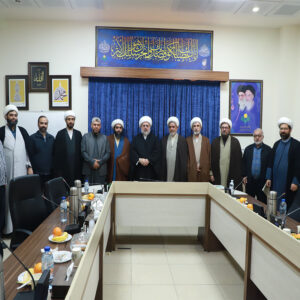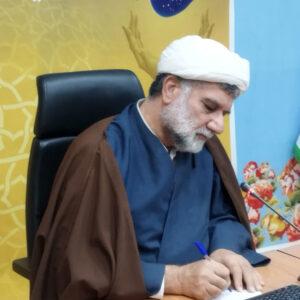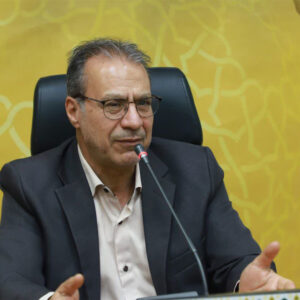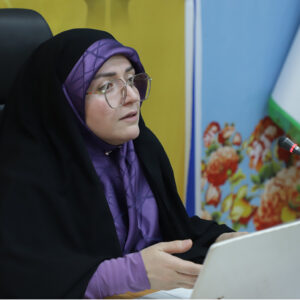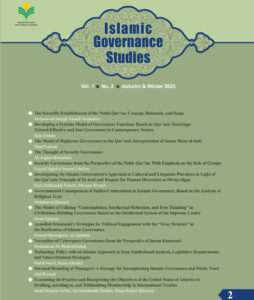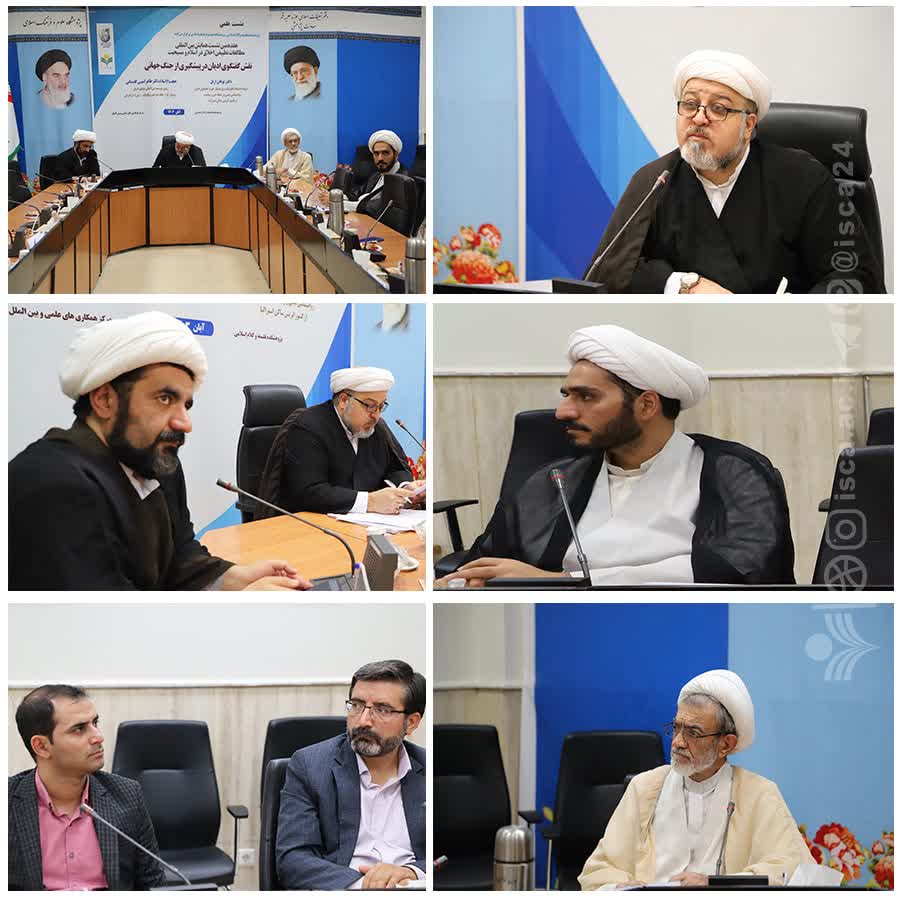Session Topic: The Role of Interfaith Dialogue in Preventing Global War
Invited Scholars for Paper Presentation:
- Hojjat al-Islam Dr. Taher Amini Golestani: President of the International Institute for Peace and Religions and founder of the Vico Intellectual Circle (Qom-Vienna) in Austria.
- Dr. Johann Ertl: Professor at the Catholic University and researcher in interfaith dialogue, religious psychology, and the relationship between religion and politics, originally from Austria and residing in Australia.
Date and Time: Sunday, October 27, 2024
Location: Islamic Sciences and Culture Academy, Shahid Soleimani Meeting Hall, Pardisan, Qom, Iran.
The session began with a recitation of the Quran and an introduction by Dr. Mohammad Sahaf Kashani, director of the International Conference on “Comparative Studies of Ethics in Islam and Christianity.”
In his opening remarks, Dr. Amini expressed gratitude to the organizers and noted that we are currently experiencing a form of “religious ice age” in international arenas. Religions seem to have withdrawn from major political dynamics, almost as if they themselves believe they can no longer contribute. If this trend continues, as Huntington predicted with the “Clash of Civilizations” or Fukuyama with the “End of History” theory, a third world war may erupt, centered in the Middle East, which would not be a political but rather a religious global war.
Summary of Dr. Johann Ertl’s Discussion
Dr. Ertl’s topic was “Faith as Moderator and Mediator: The Role of Religions in Preventing World Wars from Biblical, Social, and Political Perspectives.” He presented his points in several key areas.
He began by analyzing the current state of global conflicts and emphasized that religions must act before it is too late.
Citing reports from the Stockholm International Peace Research Institute and the United Nations publication “A New Agenda for Peace,” Dr. Ertl offered a new perspective on humanity’s future in the Global Peace Index. He emphasized the critical difference between conventional wars and world wars, noting that such a serious religious confrontation on a global scale has not been witnessed before.
He stressed that there are two types of secularism: positive secularism and destructive, ruthless secularism. Currently, destructive secularism, even rejected by many secularists, is prevalent and has become a tool for politicians to incite division and control. In this context, religious influence plays a significant role in social resilience against war and in preventing conflict, with “shared faith” as the common denominator for overcoming these challenges.
Dr. Ertl suggested that changes in the social resilience of cultures and nations can be tracked through the following:
- Examining and proposing the post-secular society framework (Habermas, 1990)
- Religious contributions to peacebuilding (Smock, 2006)
- Religion and peace creation (Howard & Smith, 2004)
- Religious peacebuilding (Omer & Tarusarira, 2023)
- Religious contributions to peace (Smock, 2006)
Dr. Ertl argued that while we should think globally, we should act locally. To achieve this, religions can initiate faith-building bridges that would enhance social resilience to war among interfaith groups, fostering mutual understanding among nations and cultures. He viewed religion as a motivator for peaceful policies, driven by the spiritual and inner motivation of faithful leaders. Referring to Dr. Golestani’s paper on the “Prophetic Model of Islamic-Christian Dialogue,” he noted that this model of conflict management is currently feasible.
Summary of Dr. Amini Golestani’s Discussion
Internationally known as Sheikh Taher, Dr. Golestani expressed concern about the passive state of religious leaders. He noted that not long ago, interfaith dialogue was somewhat frowned upon by religious leaders. However, over time, interfaith dialogue has developed in seven types or historical stages:
- Dialogue to convert the other’s religion.
- Dialogue to criticize the other’s religion.
- Interfaith dialogue to understand the cultural conditions of different societies.
- Interfaith dialogue to understand one’s own strengths and weaknesses.
- Mutual understanding between religions.
- Interfaith dialogue to find commonalities among religions.
The audio file of this specialized meeting is available via the following link:


